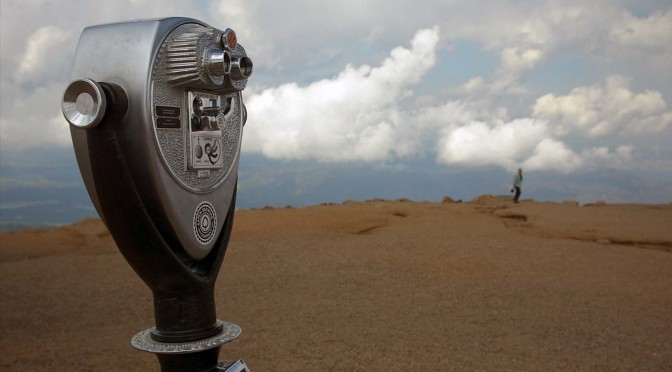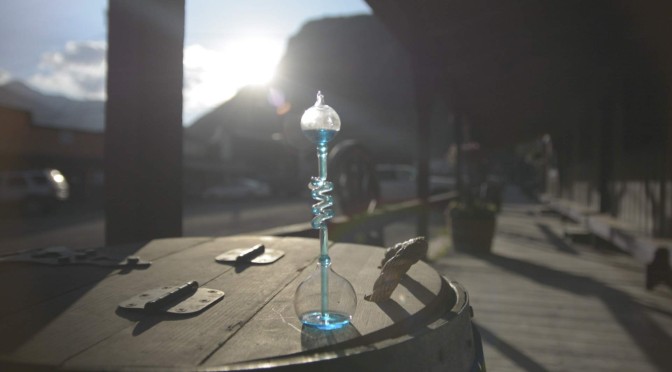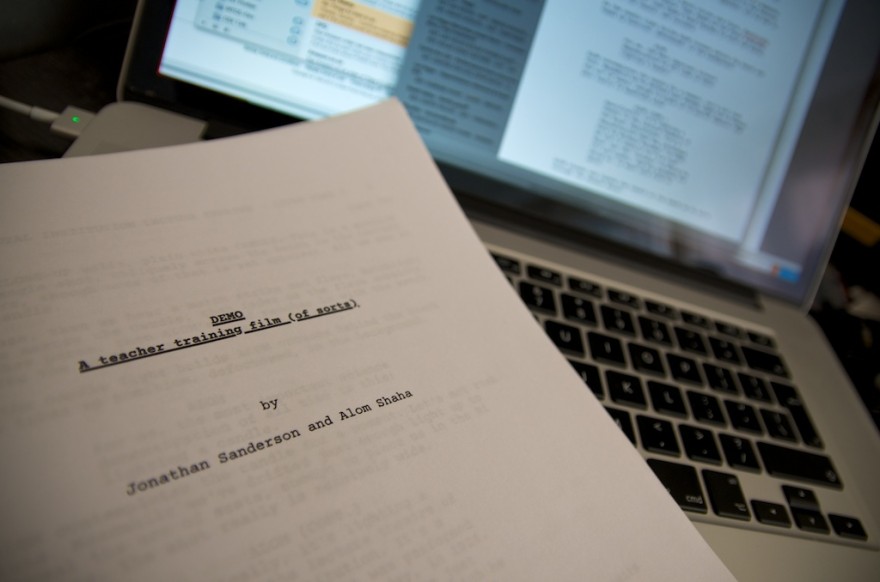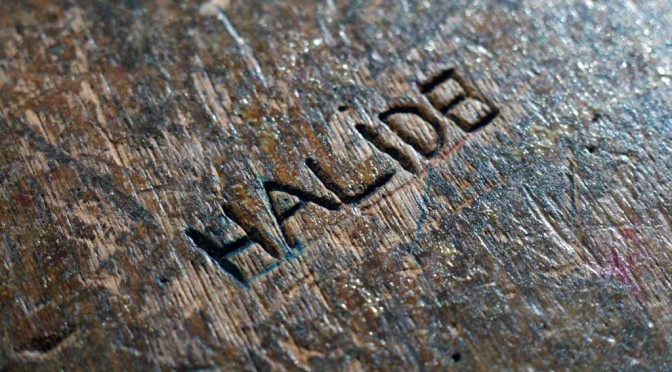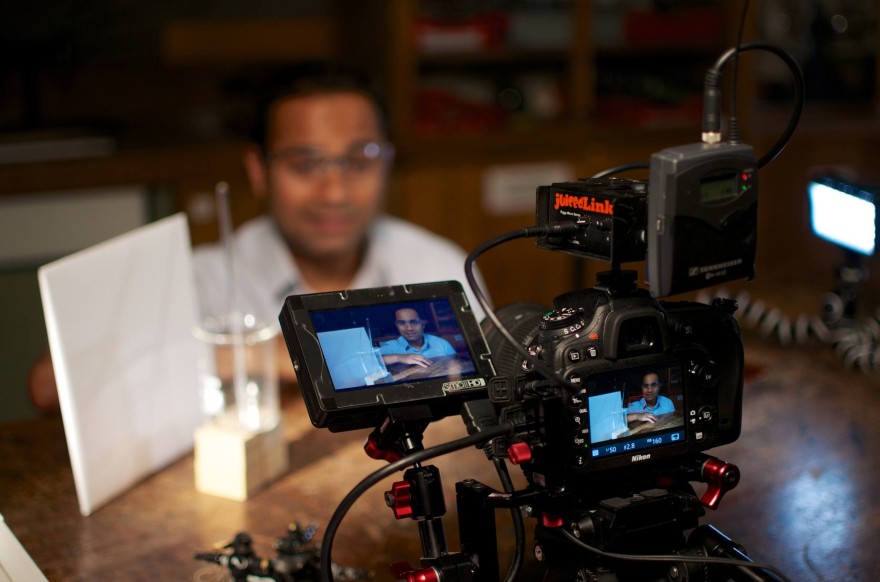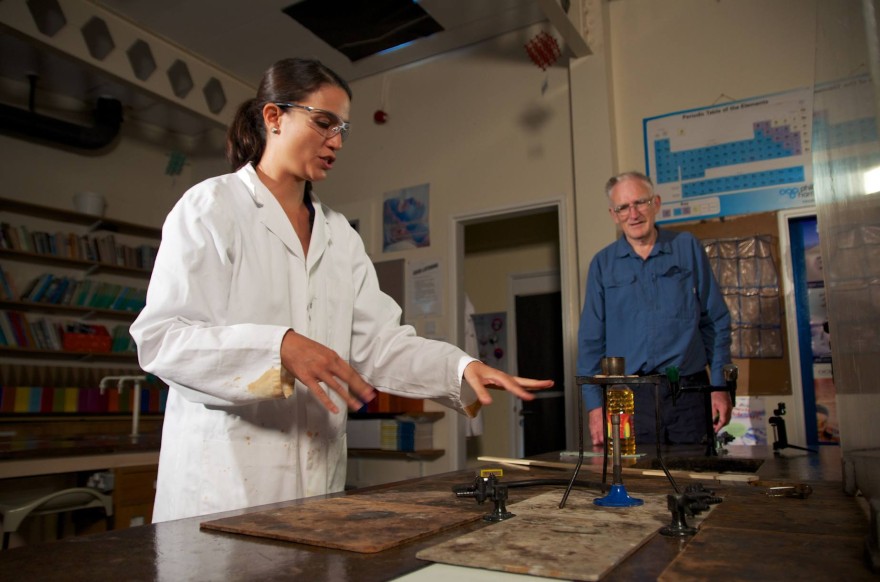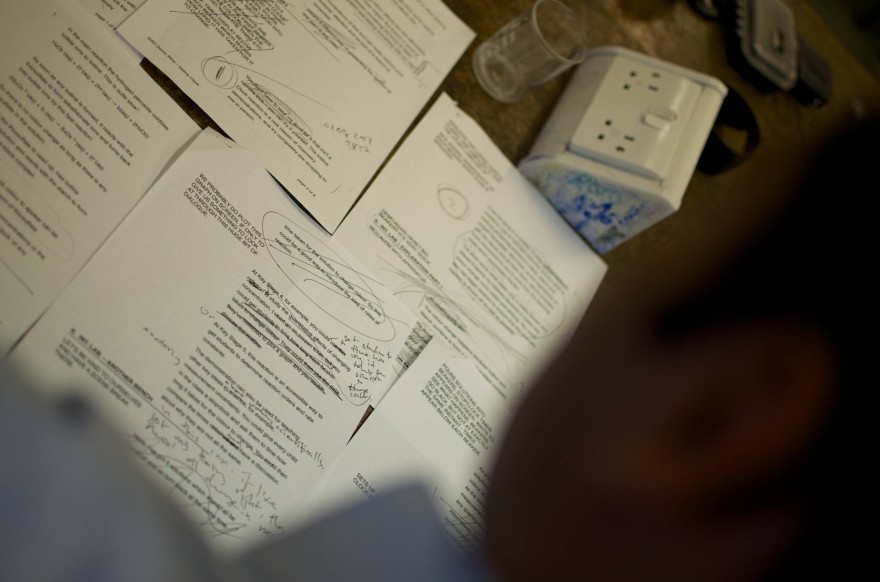The i-Biology blog writes a terrific response and meditation on the film in our previous post, and also includes this wonderful rant about chemistry demonstrations:
http://www.youtube.com/watch?v=6mhGQGpFmk4
I think chemists have it tough when it comes to demos. Tougher than physicists, but in an odd way tougher than biologists too. Sure, there are precious few well-known biology demos (a subject for future posts, I’m sure), but chemistry is… hmm.
Look, I did a year of degree-level chemistry. I loved IR spectrometers. The only proper research paper to which I contributed was in computational chemistry. But I never really “got” chemistry. I never found that the practical work I did gave me confidence in the models I’d been taught, in part because of the bizarre ‘atomic model of the week’ strategy of late-80s A-levels. You know, the one where you’d just got comfortable with one particular version of How The World Works, only to have it pulled out from under your feet and replaced with something even more implausible. I found my eventual introduction to quantum mechanics a blessed relief, but then I’m weird.
My point is: I love chemistry demonstrations as theatre, but I’m squarely in the camp of not being able to remember any of the chemistry involved. What I think of as a ‘good’ physics demo reinforces or challenges my understanding of the principle behind it, but I rarely find the same sense of satisfaction in chemistry demos.
Is that because I’m a physicist; because chemistry demos are often used inappropriately; or because chemistry is somehow different?
Answers on the back of a £50 note to the usual address. Oh, and do check out the post at iBiology.

